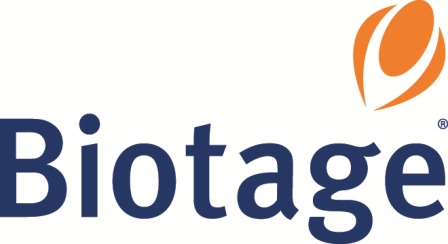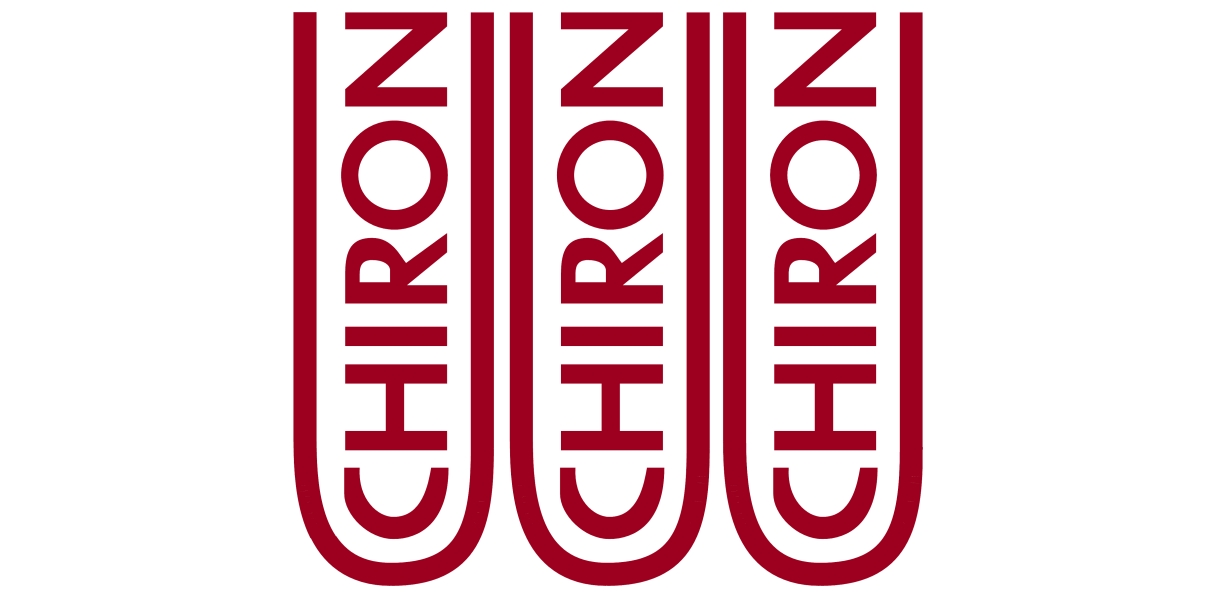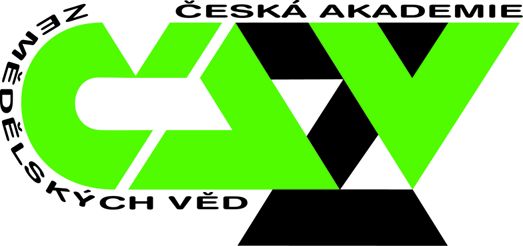Programme
Scientific programme
The scientific program will include plenary invited lectures, oral communications, poster presentations, satellite workshops, as well as young researchers platform.
The conference will be focused on the reactions of food constituents taking place in processing and storage, and their effect on the quality of products and the health of consumers.
The scientific program covers following areas:
- COMPOUNDS ASSOCIATED WITH NUTRITIONAL AND SENSORY QUALITY OF FOODS
Reactions and interactions under storage / processing conditions; reaction pathways, predictive modeling, the impact of novel technologies on physical-chemical changes
- major food constituents (proteins, carbohydrates, lipids)
- the Maillard reaction and AGEs
- flavours, texture and other quality markers
- minerals, vitamins and other constituents.
- BIOLOGICALLY-ACTIVE CONSTITUENTS OF FOODS AND FOOD RAW MATERIALS
Factors affecting their formation and changes during post-harvest handling
- compounds, ingredients and formulations with nutritional and health benefit
- toxic / anti-nutritive compounds.
- STRATEGIES TO IMPROVE FOOD QUALITY AND SAFETY
Trends in food production, processing, packaging, and distribution
- formation and mitigation of processing contaminants
- products from organic farming
- risk / benefit perception and communication across the food chain.
- CHEMISTRY BEHIND NOVEL FOODS
Composition, authentication, traceability of origin, stability, and shelf-life testing
- nanotechnology in food processing
- functional foods including prebiotics and probiotics
- nutraceuticals and ingredients for food and medical uses.
Plenary speakers
Prof. Jennifer M. Ames, Northumbria University, Newcastle u. T., UK: INGREDIENTS FROM LOW VALUE BY-PRODUCTS OF SELECTED FOOD MANUFACTURING INDUSTRIES
Dr. Imre Blank, Nestlé Product Technology Center, Orbe, CH: NOVEL APPROACHES IN INDUSTRIAL RESEARCH TARGETING QUALITY ATTRIBUTES OF EXTRUDED FOOD PRODUCTS
Prof. Jana Hajšlová, Institute of Chemical Technology, Prague, CZ:
NOVEL TECHNOLOGIES TO REDUCE PROCESSING CONTAMINANTS AND SOME OTHER UNDESIRABLE FOOD COMPONENTS
Prof. Thomas Henle, Technische Universität Dresden, D: GLYCATION COMPOUNDS IN FOODS: FORMATION, METABOLIC TRANSIT, FUNCTIONAL CONSEQUENCES
Prof. Francisco J. Hidalgo, Instituto de la Grasa, CSIC, Sevilla, E: AMINO ACID DEGRADATIONS PRODUCED BY LIPID OXIDATION PRODUCTS
Prof. Thomas Hofmann, Technische Universität München, D: DISCOVERY, SENSORY ACTIVITY AND TASTE RECEPTOR ACTIVATION OF THERMALLY GENERATED TASTE MODULATORS IN FOODS
Mrs. Beate Kettlitz, FoodDrinkEurope, Brussels, B: RESEARCH AND INNOVATION IN FOOD INDUSTRY
Prof. Erich Leitner, Graz University of Technology, Graz, A:
WINE - FROM GRAPES TO A MATURED PRODUCT
Prof. Peter Schieberle, Technische Universität München, D: DECODING THE ATTRACTIVE AROMAS OF COCOA AND CHOCOLATE: AN EXCURSION INTO THE MOLECULAR WORLD OF FLAVOR FORMATION INDUCED BY FOOD PROCESSING
Assoc. Prof. Barbora Siegmund, Graz University of Technology, Graz, A: INDUSTRIAL PRODUCTION OF FRUIT JUICES: CURRENT CHALLENGES FOR FOOD RESEARCH
We also offer you the possibility of publishing your work as a peer-reviewed paper: (i) speakers - European Food Research and Technology (ISSN 1438-2377) and (ii) poster presenters - Czech Journal of Food Sciences (ISSN 1212-1800).





